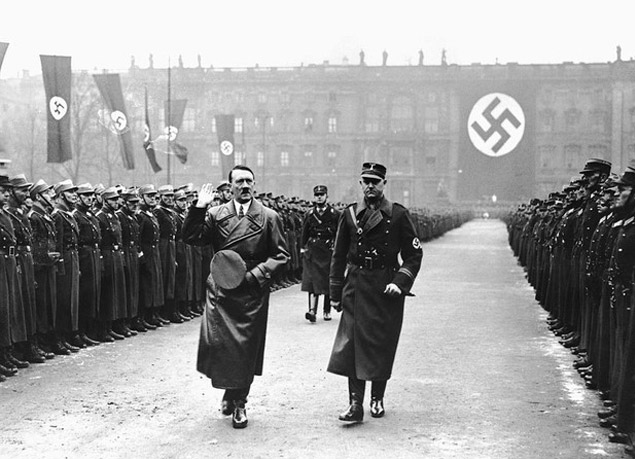There were several occurrences that led to the Second World War. Right from the rise in Japanese militarism to the political takeover of Germany by Hitler, the reasons were many. However, it began with the Treaty of Versailles, which was a complete disappointment.
The great powers of the time disliked the terms that were included in the treaty. Now, let’s look at some of the other causes that led to the Second World War:
1. The Failure of Peace Efforts
During the 1920s, there were many efforts to bury the hatchet. The first was the foundation of the League of Nations as a gathering wherein countries could resolve their debates. The League’s forces were restricted to influence. At the Washington Conference of 1921-1922, the main maritime forces consented to restrict their naval forces by a decent proportion.
The Locarno Conference gave an assurance of the German-French limit and an understanding among Germany and Poland. In the Kellogg-Briand Pact, 63 nations disavowed battle as an instrument of public strategy. The signatories had concurred ahead of time to give up their battles for self-protection.
2. Growing Nazism in Germany
The outrageous patriotism of Germany, Italy and Japan was one of the main sources of the Second World War. The embarrassing terms of the Treaty of Versailles made the German love for patriotism more grounded. The issues that Germany was fighting for made many individuals aligned to its philosophies.
For this reason, they energetically acknowledged the tyranny of Hitler and his arrangement of re-establishing the glory of Germans. This was done by punishing those answerable for embarrassing Germany at the Paris Peace Conference.
3. Rise of Fascism in Italy
The embarrassment of Italy at the Paris Peace Conference translated into immense hatred towards Britain and France. The financial downturn of the 1930s further threatened Italy’s power. It was under these conditions that Mussolini and his Fascist Party rose to prominence. It won many hearts when it guaranteed that it would make Italy prosperous.
The fundamentalists indulged in outrageous patriotism, war and government control as the means for gaining control over Italy. Individuals in Italy approved extremism since it promised them a good future. Italy under Mussolini started making efforts to extend its force and secure new regions.
4. Expanding militarism of Japan
The aspirations of Japan had increased during the Second World War. At the Paris Peace Conference, Japan had been fortunate in getting a few benefits. Japan, from that point, chose to extend its tactical force so as to get more domains of China. By 1930, Japan was in a situation to enhance its military might.
Militarism and domination came to be acknowledged as the ideal means for growing the Japanese force on the planet. In 1937, Japan began an undeclared conflict against China. At the point when World War II broke out in 1939, the Sino-Japanese conflict was still on.
5. Failure of the League of Nations
The League of Nations was created in 1919 for global harmony. It did not have the solid association expected to generate admiration among the countries. The inability to act during Manchurian and Abyssinian emergencies demonstrated its inefficiency. The small countries quickly lost trust in the League of Nations. Both Britain and France attempted to utilize the League for advancing their own personal matters.

